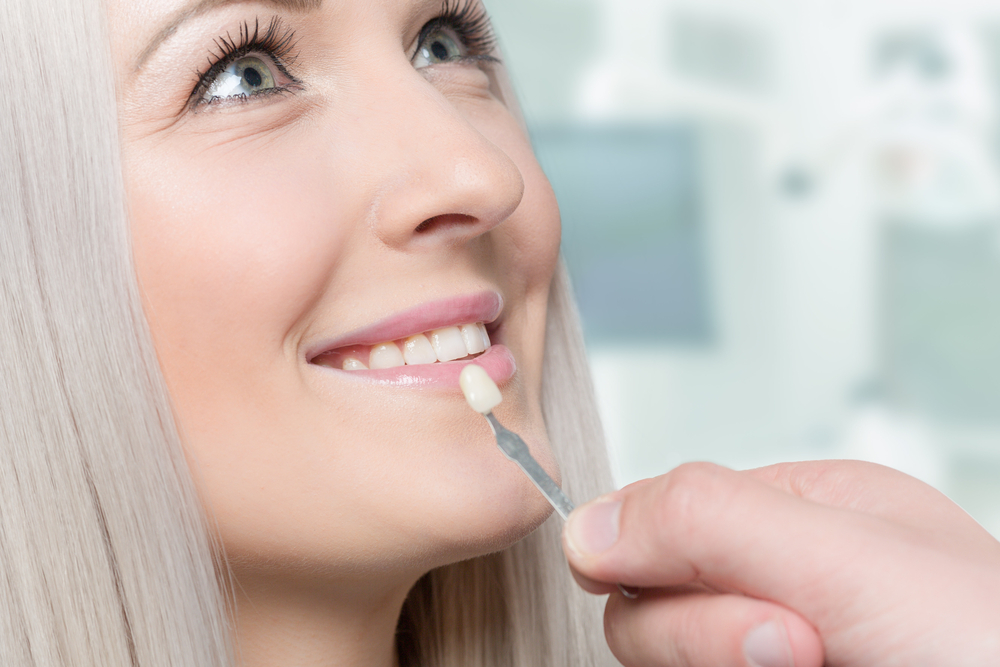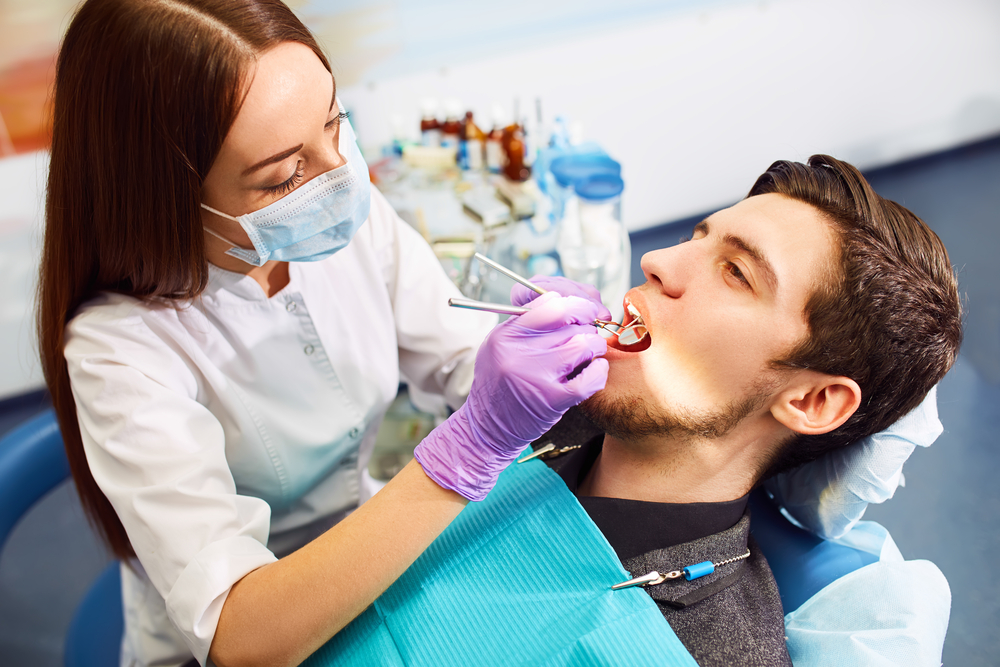If you are thinking of whitening your teeth, or have just undergone a tooth whitening procedure, you are making a great investment to keep your teeth white and clean. However, the effects of tooth whitening, whether professional or not, are not permanent and will fade throughout the years. There are some things you can do, though, to make sure that your white teeth last as long as possible. After all, tooth whitening is an expense you don’t want to do more often than you need to. In addition to the monetary costs, too many whitenings will put strain on your teeth and cause them to decay faster.
Foods to eat after tooth whitening
Some foods help teeth stay white and may reduce the costs of follow-up treatments to re-whiten teeth. Some of these foods include crunchy vegetables and fruits such as apples, green beans, cauliflower, carrots, pears, and celery. They are firm enough to scrub your teeth while you chew, preventing the buildup of discoloring plaque. You also produce more saliva when chewing, and hard foods require additional bites. Saliva neutralizes acids and protects teeth by killing bacteria.
Dairy products like milk and yogurt are also essential to keeping teeth white because of the high calcium concentration. The lactic acid in these foods prevents tooth decay, which can lead to an incomplete whitening job. Harder cheeses may have a combined effect by removing particles from teeth and adding calcium. These products are also good for your teeth in general by strengthening the enamel and creating a more whole tooth.
Foods to avoid after tooth whitening
There are some foods to avoid, however, which include staining foods like soy sauce, soft drinks, red wines, coffee, and dark berries. Anything with a potent color that you would be worried about spilling on your carpet or clothes has the same effect on your teeth. Drinking red wine without brushing your teeth, for example, will tinge your teeth and make a retouch necessary.
For the first day of tooth whitening, it is especially important to avoid drinking any other beverage than water. The stain from other drinks can seep into teeth and undo the whitening process. Do not eat for about three hours after the procedure as well. Other things that are not foods but may impact your whitening job include dark lipsticks, which can stain the teeth if not properly applied, and tobacco.
Although bleaching is an effective way to whiten your teeth and is recommended for those looking to clean up their smile before a big event or just to improve confidence, it is also a careful process that can increase tooth sensitivity and should not be done too regularly. Too many whitening sessions can lead to permanent tooth damage, such as erosion of the tooth enamel. To avoid these potential effects and save money, keep your white smile intact by eating the right foods. Call our office to schedule a whitening appointment or to discuss other foods to eat after tooth whitening.



